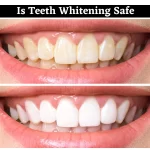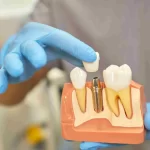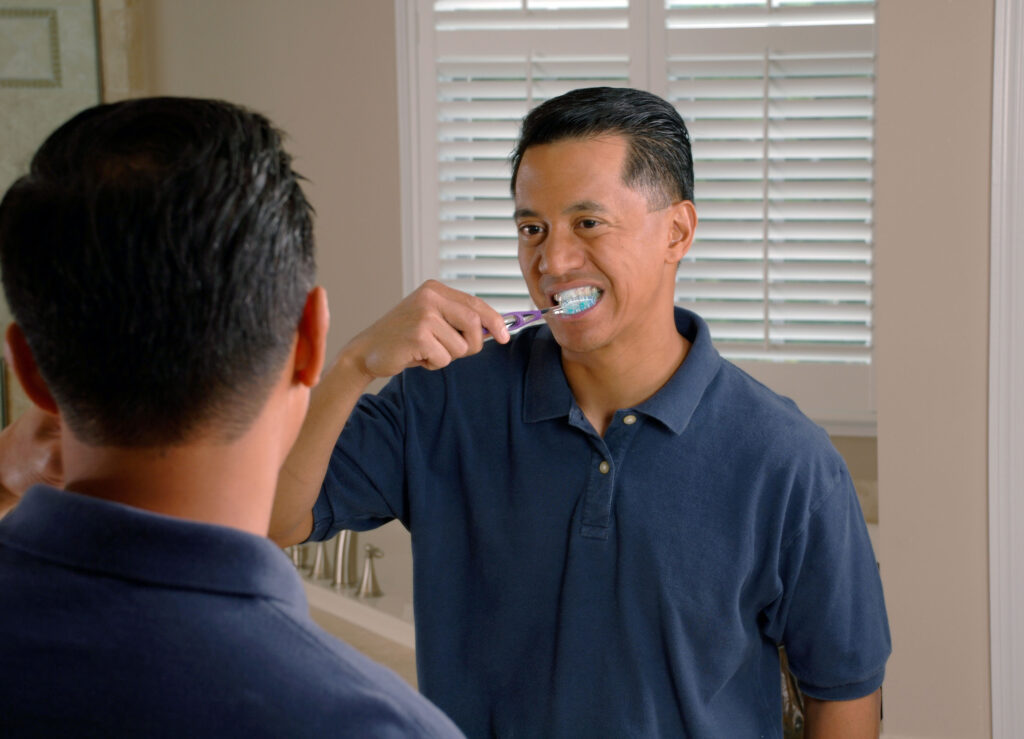Good dental care habits, also known as dental hygiene, effectively prevent tooth decay and gum disease. Developing and maintaining good dental care habits are vitally important in maintaining good health. The ADA (American Dental Association) lists specific guidelines to follow in order to achieve the best results:
Brushing
Brush twice a day with a fluoride toothpaste. Use an ADA-approved toothbrush with rounded bristles, hold your toothbrush at a 45-degree angle to your teeth, and brush using a circular motion. Do not brush hard or vigorously, as powerful brushing can damage enamel and irritate gum tissue. This is especially important if you brush more frequently than twice a day, such as after every meal or before meetings or social engagements.
If you find yourself without a toothbrush, rinse your mouth thoroughly with water several times, then spit, to loosen and remove leftover food particles. Warm, salt water rinses are good for gum tissue which may be too sensitive to brush after dental procedures. Baking soda is a good substitute if no toothpaste is readily available. Simply pour a small amount of baking soda into the palm of your hand, place the wet bristles of your toothbrush into the baking soda, and brush!
Flossing
The ADA recommends flossing, or using another interdental cleaner, twice a day and as needed. Individuals with bridges, implants, and braces often have difficulty using regular dental floss to remove dental debris. There are many interdental cleaners available, such as floss with stiff ends which can be threaded between teeth, water-jet powered cleaners, flexible monofilament loops, and battery-powered cleaners.
Some individuals choose to floss, then brush, while others prefer to brush first. The order in which you brush and floss seems to make no difference in the overall outcome and is purely based on personal preference. The point is to remove debris from around each tooth in areas where toothbrushes can’t reach.
Rinsing
Rinsing with an ADA-approved mouthwash will remove plaque, strengthen enamel, and kill any bacteria which remain after brushing and flossing. Certain rinses are meant to loosen plaque before brushing, so it’s important to use your mouthwash as directed. Individuals with dental implants, or those prone to gum disease, may be required to use prescription mouthwashes to address their specific situation.
Regular professional cleanings and exams
The ADA recommends professional teeth cleanings and dental exams every six months, or more often if needed. Regular cleanings and exams are so important that most insurance plans and Medicaid cover the entire cost. Professional cleanings remove tartar (plaque which has hardened and is difficult to remove), clean areas that you are unable to reach, and allows your dentist to identify any problems which you may not be aware of. Problems that are identified early can often be corrected easily with less pain, inconvenience, and expense.
Certain individuals may require a more frequent cleaning schedule. Pregnant woman, diabetics, and individuals with dental appliances such as implants, bridges, and braces often need to visit their hygienist every three months, or four times a year.
No one is able to maintain perfect dental hygiene. Cleaning appointments get over-looked or you may forget to floss at times. If you adhere to these guidelines to the best of your ability you will enjoy a healthy smile for years to come.


















